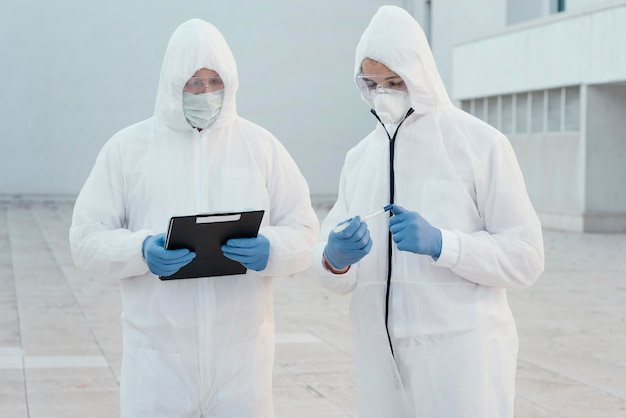
It’s been a while since I’ve updated my blog! During this quarantine, I’ve decided to get back into journaling and blogging, hoping it keeps both you and me entertained. You might feel like you’ve missed a lot of updates, but I’ll do my best to fill in the gaps as we go along. In the meantime, stay safe and remember to wash your hands.
So, here we are on Day 7. Today, the number of coronavirus cases in the US surpassed 100,000. As I watch this slow-motion tsunami about to hit us and see over 3 million new unemployment filings, I can’t help but feel incredibly grateful for my financial independence.
I’ve always watched the FIRE movement from the sidelines because I’ve never been one for big groups. Plus, I reached financial independence before most people even started thinking about it. After all, personal finance should be just that—personal.
I named my blog “Reach Financial Independence” because it’s all about financial independence, not necessarily retiring early. It’s about having enough money to do whatever you want with your life. Whether that’s retiring early, switching careers, becoming an artist, or staying home with the kids, it’s all good!
The FIRE movement often gets criticized because people assume we all just want to do nothing and sip cocktails in hammocks for the rest of our lives. Some folks also tried to reach financial independence too quickly and maybe were a bit too optimistic with their financial strategies, like over-leveraging in real estate.
Now, with the current crisis, many are realizing their plans weren’t as robust as they thought. They relied too heavily on the 4% rule, didn’t keep enough cash reserves, or were too leveraged.
Most plans don’t account for unexpected events, often called “black swans.” I used to talk about my multiple streams of income, believing it was highly unlikely they’d all dry up at the same time—my Guatemalan guesthouse, UK rental properties, online income, and freelance work. Yet, here we are.
Despite everything, my life hasn’t changed much. My houses are paid off, so I can shut them down and sleep peacefully until things improve. Even my cabin in Colorado only costs me $500 a year in property taxes, with solar and well costs being zero on a monthly basis.
Right now, I’m holding onto a significant amount of cash. I worry about inflation and the devaluation of my money, but at least I have enough to cover my living expenses for several years without needing to sell any investments.
I’m not claiming my plan is foolproof, but it would take at least three years before I’d need to make any significant changes. When the market was booming, this conservative approach probably cost me a lot of potential gains. But now, in these tough times, it’s protecting me from losing money—and my peace of mind. I’ll choose safety any day.
If you’re feeling the pinch, it might be time to rethink your asset allocation. You could be too dependent on the market’s ups and downs. Keep enough cash reserves and avoid the temptation to chase high returns at all costs. Be cautious about over-leveraging in real estate or stretching yourself too thin financially.
I had to work hard to avoid those quick, risky wins. Being a foreigner made it almost impossible for me to get traditional credit, so I had to build my properties with cash. Although I could have made more money by taking out mortgages and investing the difference, I’m glad things turned out this way. I don’t need more, and you probably don’t either.
A FIRE budget isn’t about what you’re spending today. Your house will likely be paid off, and if you use geographic arbitrage like I do, you could live somewhere else for a fraction of your current expenses.
This crisis is a great reminder for those of us aiming for financial independence to be comfortable with our financial choices. The idea that “I can always go back to work” might not hold true given the current situation.